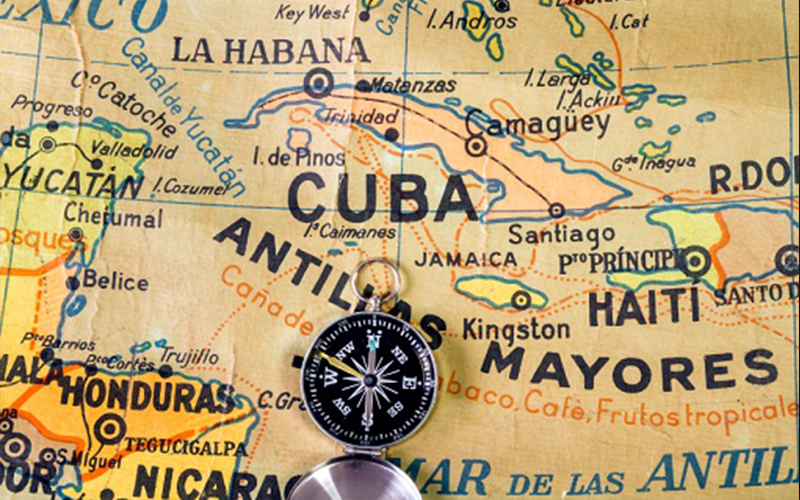
P.I.: Bethany Stich
University of New Orleans
Year: 2016
University of New Orleans
Year: 2016
Throughout the Cold War antagonisms of the twentieth century, the United States (US) championed greater global economic cooperation and an embrace of free market principles to encourage economic growth. The US’s early involvement in establishing the rules of global commerce via the Bretton Woods Agreement post World War II, institutionalized its political agenda. The result has been increased trade liberalization via international trade agreements. Theories of political economy attempt to understand society through the intersection of economic, political, and social functions. One of the last remaining vestiges of Cold War hostility and impediments to trade is the US economic embargo of Cuba, in place since 1960. Increasingly seen as a policy failure, the US has taken steps in the past year to normalize relations with Cuba. The rapid reduction of barriers to trade between the US and Cuba coupled with completion of the Panama Canal expansion has implications for the flow of goods within the Gulf of Mexico. At the same time, after extended conflicts in Afghanistan and Iraq over the last fifteen years the US finds itself in a position of indifference towards additional foreign commitments. This sentiment is evident in America’s push for energy independence through the expansion of domestic natural gas production. From an American perspective, the opening of Cuba to two-way commerce serves both national security and economic foreign policy agendas. But what does access to the world’s largest free market economy mean for a formerly isolated communist nation in the Caribbean? This study examines the impact of expanded US-Cuba diplomatic relations on trade in the Gulf of Mexico.
Top